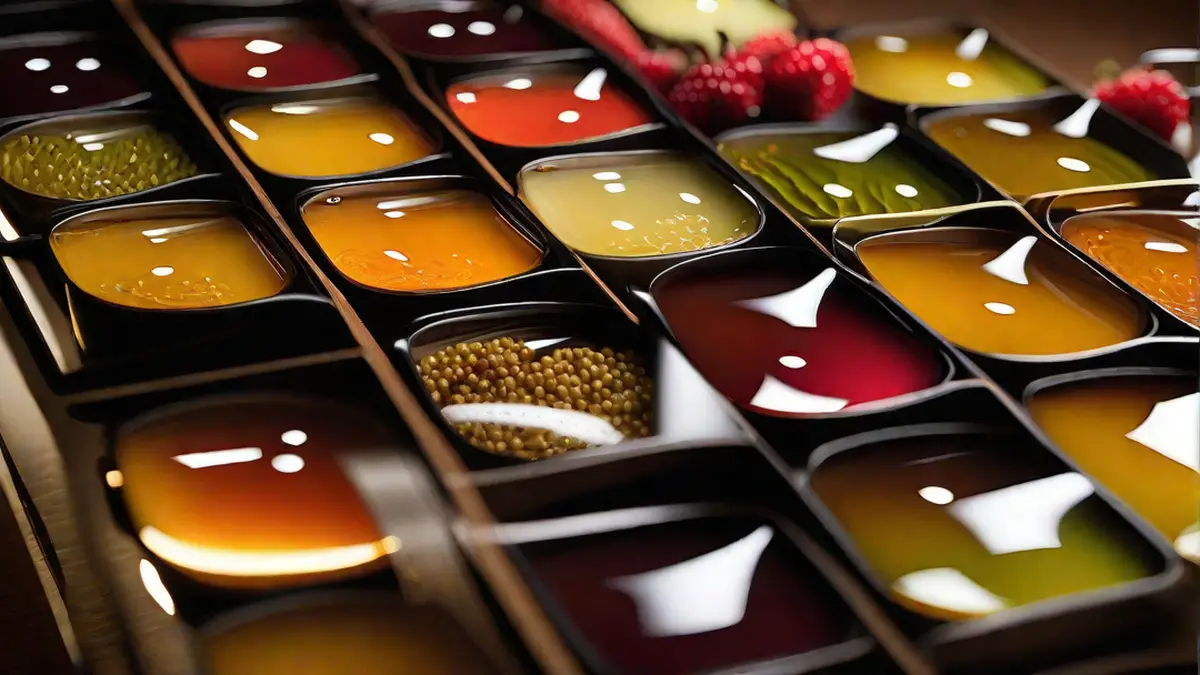When discussing cooking, there are many different ingredients that can enhance the taste of a dish. One of these ingredients is mirin. You may be curious, is mirin classified as a cooking wine? As someone knowledgeable about wines, allow me to clarify this matter and offer my own perspective.
Mirin is a traditional Japanese rice wine that has been used in cooking for centuries. It is made by fermenting glutinous rice with koji, a type of rice mold, and then sweetening it with sugar. Mirin has a low alcohol content, usually ranging from 14% to 15%, which makes it different from regular wine that you would drink.
While mirin is often referred to as a cooking wine, it is not exactly the same as the wine you would typically find in your wine cellar. Cooking wines are usually fortified with salt and preservatives to prolong their shelf life, whereas mirin is made specifically for culinary purposes and does not contain any additional additives.
So, what makes mirin such a valuable ingredient in the kitchen? Well, it brings a unique sweetness and depth of flavor to a wide range of dishes. The natural sugars in mirin caramelize when cooked, adding a rich and slightly sweet taste to savory dishes. It balances out the saltiness and enhances the umami flavors in sauces, marinades, and glazes.
One classic example of mirin’s versatility is its use in teriyaki sauce. The combination of soy sauce, mirin, and sugar creates a rich and glossy glaze that coats the meat and gives it a deliciously sweet and savory flavor. Mirin is also commonly used in sukiyaki, a Japanese hot pot dish, to add a touch of sweetness to the soy-based broth.
For those concerned about alcohol content, it’s worth noting that the alcohol in mirin evaporates during the cooking process, leaving behind only the flavor. This means that even though mirin is technically a wine, it won’t make your dish taste alcoholic.
Now, it’s important to note that mirin is not easily substituted with other ingredients. Its unique flavor profile makes it difficult to replicate. However, if you are in a pinch and don’t have mirin on hand, you can try substituting it with a combination of rice vinegar and sugar or sweet sake.
In conclusion, mirin is indeed considered a cooking wine, but it is not the same as your typical drinking wine. Its unique sweetness and flavor make it a valuable ingredient in Japanese cuisine and beyond. Whether you’re making teriyaki sauce, glazes, or marinades, mirin adds a delightful touch to your dishes. So, the next time you come across a recipe that calls for mirin, don’t hesitate to give it a try!
